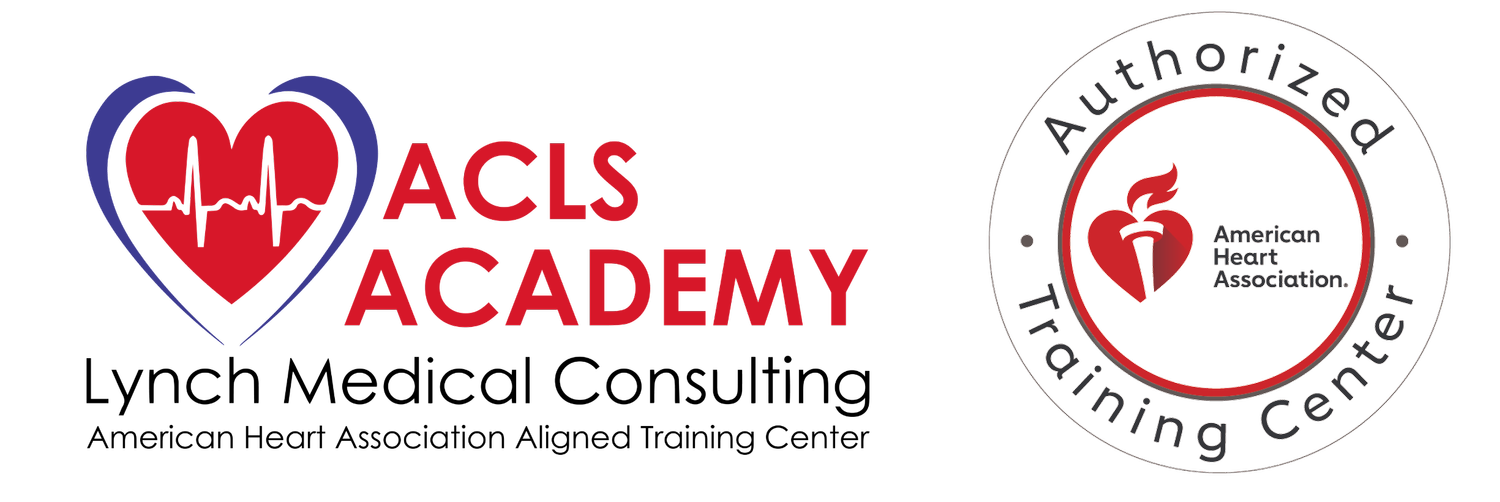When cardiac arrest occurs, only about half the patients experience symptoms. However, when symptoms occur, they differ for males and females. This is according to a study published in The Lancet Digital Health Journal on August 26, 2023, which found that warning symptoms of cardiac arrest can appear 24 hours prior and are different in women and men.
The telltale symptoms of cardiac arrest typically included shortness of breath, chest pain, excessive sweating, nausea and/or vomiting, racing heartbeat, dizziness, and seizure-like activity. However, the researchers from the Smidt Heart Institute at Cedars-Sinai Health System conducting the study found differences in the sudden cardiac arrest warning symptoms between men and women. They found that the most prominent symptom for women 24 hours before cardiac arrest was shortness of breath. For men, chest pain was the preeminent telltale symptom.
The Smidt Heart Institute researchers are further investigating how these key sex-specific warning symptoms may present in patients with specific clinical profiles, such as whether they are diabetic, do they have a history of heart attacks, and whether high blood pressure is a variable. By combining the patient profile with the warning symptoms, will the predictor of cardiac arrest improve?
Heart Attack vs. Cardiac Arrest
People often use these terms interchangeably, but they are different.
What is a Cardiac Arrest?
Cardiac arrest is when a heart unexpectedly stops beating because of rapid, abnormal impulses that override the heart’s natural rhythm. It is often referred to as an “electrical” problem. The result is a lack of blood supply to any organs; the patient stops breathing, and everything stops. When there is a lack of blood circulation to the body’s organs, cells in the organs begin to die.
Symptoms of cardiac arrest, which may start without warning, include fainting, racing heartbeat, dizziness, or lightheadedness. Those most likely to be affected by cardiac arrest are adults, with more than 356,000 Americans experiencing it outside of a hospital each year. Unfortunately, fewer than 12 percent of people who share cardiac arrest outside a hospital survive, according to the American Heart Association.
Cardiac arrest is vastly different from the more common heart attack.
What is a Heart Attack?
A heart attack, which doctors refer to as myocardial infarction, is when the heart cannot circulate blood, which is typically due to a blockage. It is a circulation, or “plumbing,” problem usually caused by a blockage to an artery that reaches the heart, disrupting circulation and causing the muscle, or part of it, to die. Blockages causing heart attacks are mainly caused by plaque buildup in the arteries. Plaque forms when cholesterol combines with fat, calcium, and other substances in the blood. Combined, these elements harden into plaque, which can then rupture, causing a blood clot to form. Large clots can completely block the flow of blood through an artery. The damage is much more localized, and people usually feel symptoms.
Common warning signs of a heart attack are discomfort or pain in the chest; discomfort in other areas of the upper body, including pain in one or both arms, the back, neck, jaw, or stomach; and shortness of breath. Other signs include cold sweat, nausea, or lightheadedness. Symptoms usually start slowly and persist for hours, days, or weeks, though they can also be immediate.
People who are at risk for heart attacks are people who have a family history of heart attacks, have high cholesterol, high blood pressure, diabetes, lack of exercise, and cigarette smoking. About 635,000 Americans have new heart attacks each year. Almost half of them will have a second one. The risk of heart attack is greater for those over 45. Heart attacks can be fatal, but they do not automatically lead to death. Immediate emergency medical help can often prevent a serious outcome. About 1 in 7 Americans die of coronary heart disease, which includes heart attacks. Overall, heart attacks are more common than cardiac arrest in the United States, and a heart attack can cause cardiac arrest.
While cardiac arrest and a heart attack are different, these two distinct heart conditions are linked. Sudden cardiac arrest can occur after a heart attack or during recovery. Heart attacks increase the risk of sudden cardiac arrest. Many heart attacks do not immediately lead to sudden cardiac arrest, but when sudden cardiac arrest occurs, heart attack is a common cause.

